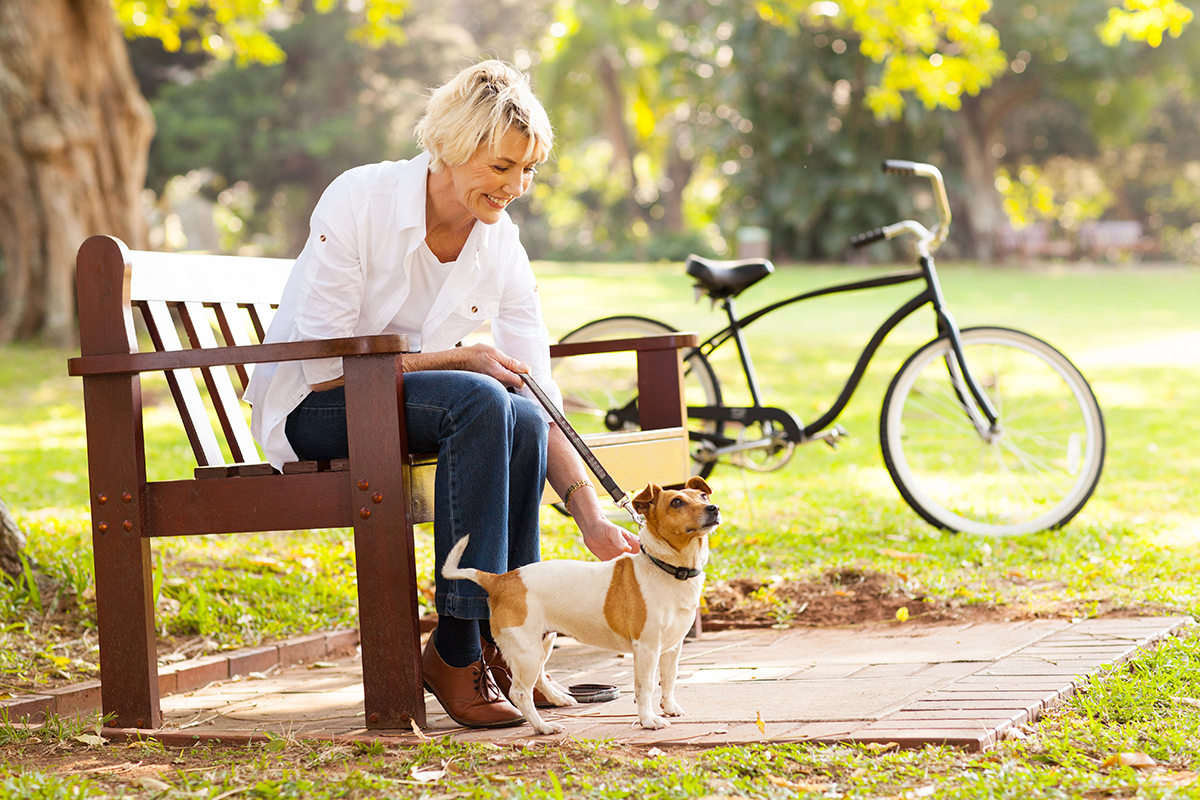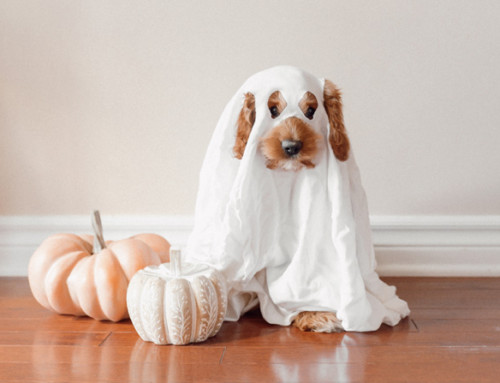The bond between a pet and owner can be one of the most enriching relationships in our lives. For older folks, having a pet can help improve both health and wellbeing. Discover how a pet can help you, along with some important considerations before adopting a furry friend of your own.
Finding the right pet for the right owner
Dogs, cats, fish – what’s the right pet for you? Regardless of our age, we each have our own personalities and dispositions, and the same is true of pets.
What to consider if you’re thinking of getting a dog
What are the qualities we generally associate with a dog? Loyalty, companionship and a fun loving nature all probably come to mind. But, if you’ve had any length of time around dogs, you’ve probably observed that within specific breeds there are different personality traits. The more you get to know a dog, the more their individuality shines through.
Some dogs are more reserved and others are more social. Most want to be walked at least once a day, however some need to only go round the block. And there there are the dogs that need a LOT of running and play time. It’s important to take your level of physical activity before choosing a specific breed or dog to adopt, as you don’t want them to be stuck at home when really they’re wanting to run around socialising at the dog park.
Compatibility is key
The relationship between a pet and pet owner starts with finding common ground, as well as shared or compatible personality traits. For older people, this means understanding both your needs and that of the dog.
Are you someone who likes lots of affection?
Do you want a pet that is low maintenance?
Perhaps you want a pet that will help you get out the house?
Either way, it’s worth investing the time and effort into finding a dog that is right for you, so that you and your new friend can reap the benefits of a successful relationship.
Benefits of owning a pet for an older person
For an older person, there are a number of benefits that can result from caring for a pet. Some of the most important are listed below.
Increased physical activity
A healthy body is important regardless of age. Dogs love to go for walks and play fetch in the park. It’s natural that for many pet owners, their level of physical activity increases when they care for a pet. You’ll want to ensure that the animal you’re considering is suitable for your needs and that you’ll have the energy to walk or play with it as much as it needs, without either of you feeling over-exercised.
A more engaged social life
Pets not only provide companionship at home, but social opportunities as well. In many communities the dog park is a vibrant social spot where owners and pets can meet, chat and play.
Pets can also be great conversation starters, and can help older people who might otherwise feel isolated to connect with their community. This helps to combat depression and other illnesses that are common amongst older generations.
Routine and purpose
Healthy routines can help create positive habits. Cats and dogs love routine. In fact, many know instinctively when it’s dinner time. They also work as great alarm clocks if you’ve got to wake up and let them pee outside in the morning.
Caring for others also gives us a sense of purpose. For many older people who are retired and whose children have grown up, their may be a general feeling of lack of purpose. Caring for a pet can restore that feeling of being needed.
Important questions when considering a pet for an older person
A relationship with a pet is both a joy and a responsibility. Before deciding if a pet is right for you, consider your answers to the following questions:
- Are you flexible or set in your ways? A new member of the family can be a considerable change to your daily routines, particularly if you’ve never owned a pet before. If you like to do things to your own specific schedule, then a pet may not be right for you. You may also want to consider low maintenance pets that don’t require too much attention.
- Have you cared for a pet before? Older pet owners that have cared for a dog, cat or some animal before are likely to be more comfortable taking on the responsibilities of owning a pet.
- What aged pet do you need? A puppy or kitten might not be the best choice for an older person. Not only do they require more care and training, but you’ll also need to consider what will happen to the pet if they outlive their owner. That pet will need to be cared for. Who will take on that responsibility?
The right home for a pet
The environment where a pet lives needs to be suitable to their needs. Consider the following questions:
- Is the home suitable for the pet to get around in?
- Does your pet require a backyard and do you have one?
- If you are renting, what is the policy on owning a pet in your residence?
For some older people, a nursing home might be the best place for them. You’ll need to consider if pets are suitable for this lifestyle. Regardless of where you live, there is usually some option that will fit your needs. You might not be able to squeeze a St. Bernard into a small apartment, but a little Chihuahua might be just what the doctor ordered.







Leave A Comment